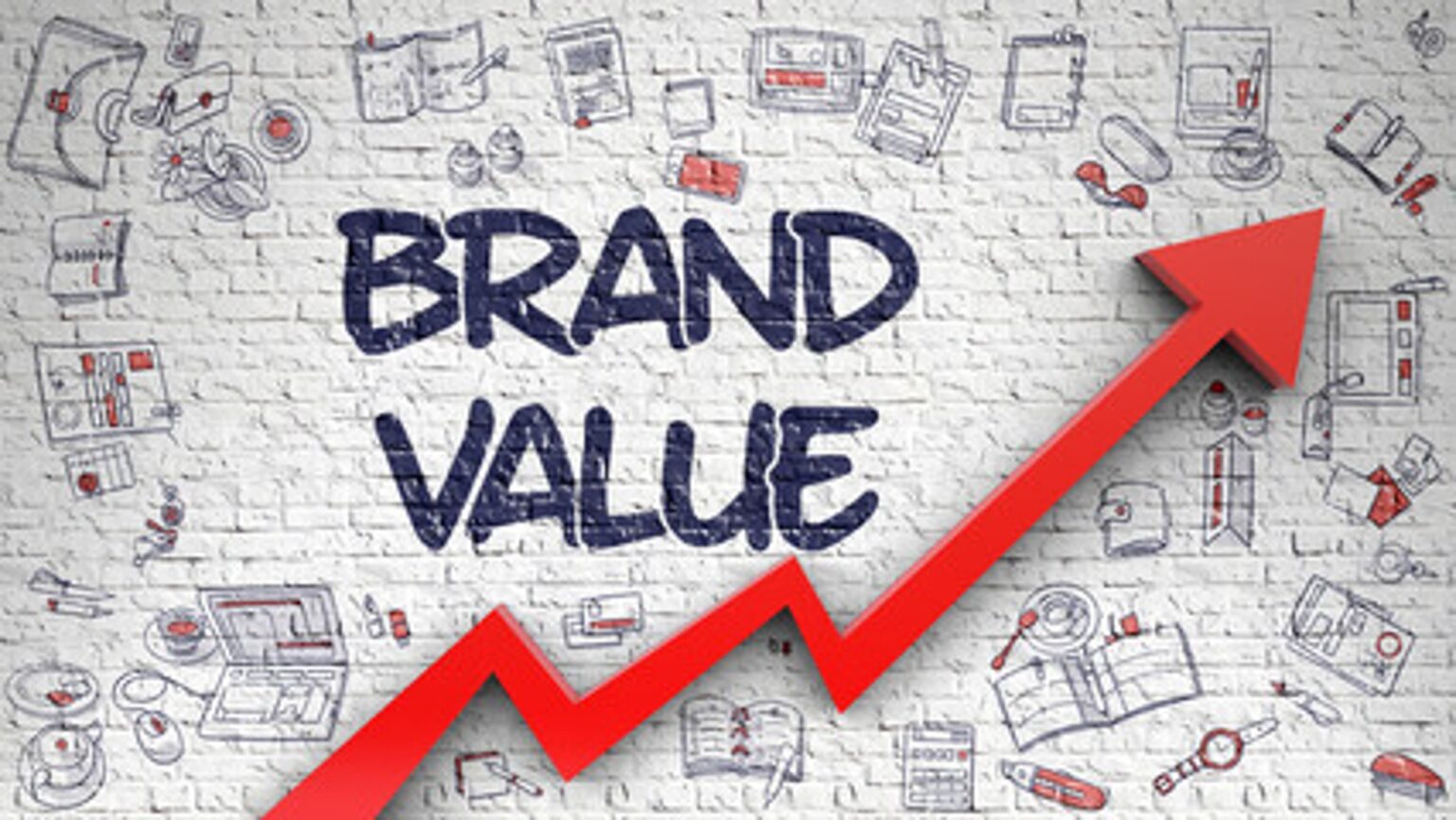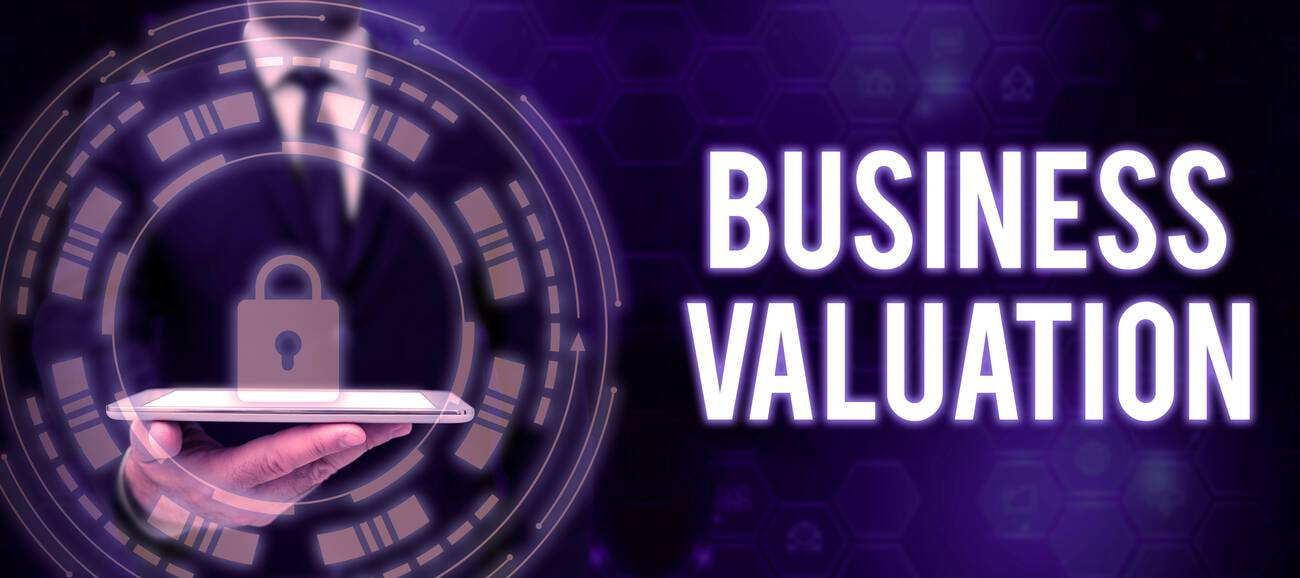Brand Equity vs. Brand Value: Key Differences and Why They Matter – A Valuation Perspective

Strong 8k brings an ultra-HD IPTV experience to your living room and your pocket.
.
In the context of valuation, brands often hold significant weightage—sometimes even more an physical assets. However, one common gap is the usage of the terms brand equity and brand value interchangeably. Brand Equity and Brand Value is essentially different from each other and carry unique implications in the context of valuation. Understanding these differences are pertinent for investors, analysts, brand custodians, and executives looking to maximize a company’s worth.
Understanding the Core Concepts
What is Brand Equity?
Brand equity refers to the perceived value of a brand in the eyes of consumers. It is nurtured gradually through impeccable product or service quality, emotional connect, superior customer experience, and consistent marketing. Even at a higher price, customers are more likely to pick a brand with strong Brand Equity than competitors. Key components of brand equity include:
Brand awareness
Perceived quality
Brand associations
Customer loyalty
Emotional connection
It is not recorded on a balance sheet unless acquired, but it has a profound effect on a company’s ability to generate sustainable revenue.
What is Brand Value?
Brand value, on the other hand, is the monetary worth of a brand. It answers the question: How much is this brand worth if we had to sell or license it today? It is a financial measure used in:
Mergers & acquisitions
Licensing deals
Financial reporting (especially under IFRS and GAAP)
Investor presentations
What is Brand Valuation?
Brand Valuation is the process of calculating the brand value. Typically used Brand Valuation Methods include:
Royalty Relief Method – Estimating how much a company would have to pay to license its own brand.
Excess Earnings Method – Calculating the profits attributable solely to the brand.
Cost-Based Method – Adding up the cost to build the brand (less commonly used).
Key Differences at a Glance
Aspect
Brand Equity
Brand Value
Definition
Perceived consumer value and emotional resonance
Financial valuation in currency terms
Nature
Qualitative and subjective
Quantitative and objective
Measurement
Surveys, brand tracking, loyalty scores
DCF models, royalty relief, or market comps
Use Case
Marketing strategy and customer engagement
M&A, licensing, financial reporting
Accounting Presence
Only when acquired (part of goodwill)
Recognized as intangible asset in valuations
Focus
Brand perception and customer behavior
Monetized impact of brand on cash flows
Why the Distinction Matters in Valuation
Equity Fuels Value: Brand equity is an input to brand value. Without strong brand equity, a brand’s financial worth declines. For instance, a brand like Apple or Nike commands high value because of decades of equity built through customer trust and emotional affinity.
Valuation Accuracy: During mergers or acquisitions, a misconception between brand equity and brand value can lead to underpricing or overvaluation. In order to value a brand with precision, analysts need to be aware of how brand equity influences projected cash flows, risk premiums, and growth rates.
Strategic Resource Allocation: Marketing and finance teams must collaborate. High brand equity suggests that increased investment in marketing may yield disproportionately higher returns. From a valuation perspective, this insight is critical when modeling future performance or allocating capital.
Licensing & Monetization: Brand value is crucial when a company seeks to license its brand or use it as collateral. For example, Coca-Cola’s ability to leverage its brand for licensing depends on a robust and well-defined Brand Valuation—not just on consumer affection.
Impairment and Reporting: Under accounting standards like IFRS 3 and ASC 805, brands acquired in business combinations are recorded at fair value. Understanding the gap between market sentiment (equity) and accounting estimates (value) is necessary for impairment testing and audit defensibility.
While brand equity is the strategic asset rooted in perception and loyalty, brand value is the financial outcome derived from that asset. One cannot exist sustainably without the other in a well-functioning business. For companies, aligning brand equity-building strategies with financial valuation frameworks creates not just stronger brands—but more valuable businesses.
Real-World Examples: How Equity and Value Play Out
Example 1: Apple Inc.
Apple has some of the highest brand equity globally, thanks to its superior product quality, strong customer loyalty, and a sleek design. Apple’s substantial recurring revenue streams are a result of its high equity, enabling it to retain clients effectively and charge premium rates.
In terms of brand value, Apple has been ranked as the most valuable brand globally across multiple studies, reflecting its positive future cash flows and a higher command of the market.
Example 2: Kraft Heinz’s Write-Down
In 2019, Kraft Heinz took a $15.4 billion write-down on the value of its Kraft and Oscar Mayer brands. This was a clear signal that the brand value had fallen dramatically—due to changing consumer preferences and reduced pricing power.
Although the brands still had some brand equity (recognition and familiarity), their ability to generate future earnings had declined. Hence, their accounting value as intangible assets needed to be adjusted down.
Conclusion
As intangible assets increasingly dominate corporate balance sheets, the ability to distinguish and measure both brand equity and brand value becomes a competitive advantage. From a valuation perspective, this distinction drives better decision-making, more accurate financial modeling, and ultimately, stronger investor confidence.
At ValAdvisor, a leading Valuation Services company in India, our dedicated team of experts specializes in determining the value of a business or assets, for transactions, accounting, taxation, regulatory, financing, distressed asset resolution, litigation, insurance, strategic, planning, and operational purposes. Our expertise in various advanced models and simulation techniques helps us in delivering reliable and accurate valuations. Rely on us to offer customized solutions empowering you to make well-informed decisions with assurance.
Frequently Asked Questions (FAQs)
Q) Can a brand have high equity but low value?
A brand might have strong emotional connections and recognition (high brand equity) but still lack profitability or monetization strategies, leading to low brand value. For example, a beloved nonprofit brand may have high equity but minimal Financial Value due to its limited revenue-generating potential.
Q) Is brand equity recorded on the balance sheet?
Brand equity is an intangible, perception-based asset and is not recorded on the balance sheet unless the brand is acquired. In such cases, it is included within goodwill or separately valued as an intangible asset during a purchase price allocation.
Q) Why is brand value important in mergers and acquisitions?
Brand value impacts the buying price in M&A transactions. A strong brand can substantially enhance a company’s valuation. Since a strong brand drives regular revenue, pricing power, and higher customer loyalty—it can dramatically increase the interest of investors in the company.
Q) Can brand equity be improved to increase brand value?
Constant marketing inputs along with improved customer experience across touchpoints helps improve brand equity. Over time, improving brand equity can benefit in terms of higher sales, better margins, thereby leading to a higher brand value.
Note: IndiBlogHub features both user-submitted and editorial content. We do not verify third-party contributions. Read our Disclaimer and Privacy Policyfor details.







